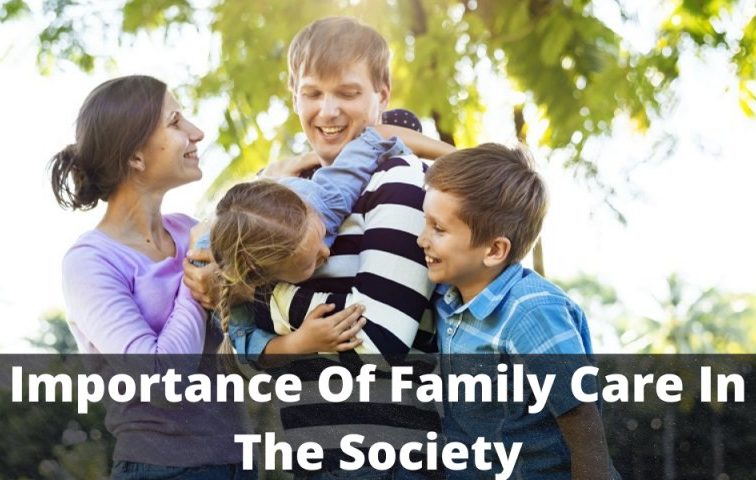According to the latest research, children who grow up in family care households are more likely to live and prosper in their surroundings than children who grow up in residential care. They have a better comprehension of their parents than they do of the family caregiver. When children live in a family-like setting, they have more favorable outcomes that allow them to thrive in society more easily than when they are in residential care. These youngsters are more emotionally and physically stable and mature, and they are cared for by their parents in their homes. Many parents from all around the world participate in family care for the well-being and care of orphaned and disadvantaged children. You will learn more intriguing information about family care by reading the next paragraphs.
Read More About : https://mabonblessings.com/
Children who are raised in families are more likely to succeed in society
There are numerous residential care facilities throughout the world, but the children who are placed in these facilities are not as stable or developed as those who have grown up in family care. Children who have grown up and been well-cared for by their families are more likely to succeed in society. Because of their understanding and relationship with their parents in the family care, they are more physically and intellectually stable and developed. As a result, it is preferable for children to grow up and be cared for in their homes rather than in residential care. A wise man once stated, “Children in the society need families, not orphanages.”
They are more stable both mentally and physically
Recent research has indicated that children who grow up in households with other siblings and are supervised by their parents are more emotionally and physically stable. It is really beneficial to them since it allows them to discuss their thoughts with their siblings and parents. Families play a crucial part in children’s brain development and growth, as well as their emotional and social development. As a result, they are more likely to thrive in the environment and achieve success than children who have grown up without a family in orphanages and residential care.
Emotional and social maturation
Youngsters raised in families are more emotionally and socially mature than children raised in orphanages and residential care. They are emotionally and socially more developed and stable because they have a close link with the family members with whom they live. As a result, they understand with their siblings and parents. Children who grow up in orphanages and residential care, on the other hand, are emotionally and socially unstable since they have no one with whom to discuss their feelings and form ties and understanding.
Conclusion
children who grow up in family care households are more likely to live and prosper in their surroundings than children who grow up in residential care. Children who have grown up and been well-cared for by their families are more likely to succeed in society. Children who grow up in households with other siblings and are supervised by their parents are more emotionally and physically stable. Kids who are raised in families are more emotionally and socially mature than children raised in orphanages and residential care.
